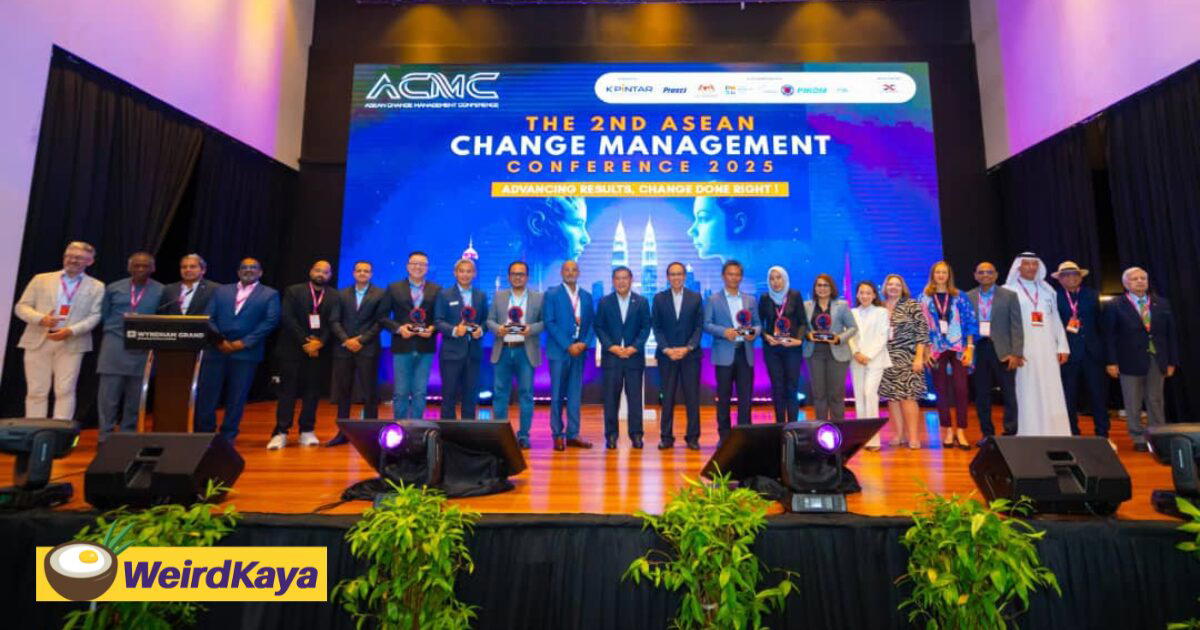Change is never easy, especially in cultures like Malaysia’s, where hierarchy is deeply respected and authority often goes unquestioned.
Yet, at the ASEAN Change Management Conference 2025, speakers challenged leaders to see this not as a barrier, but as a launchpad that could turn Malaysia into a regional role model for managing change.
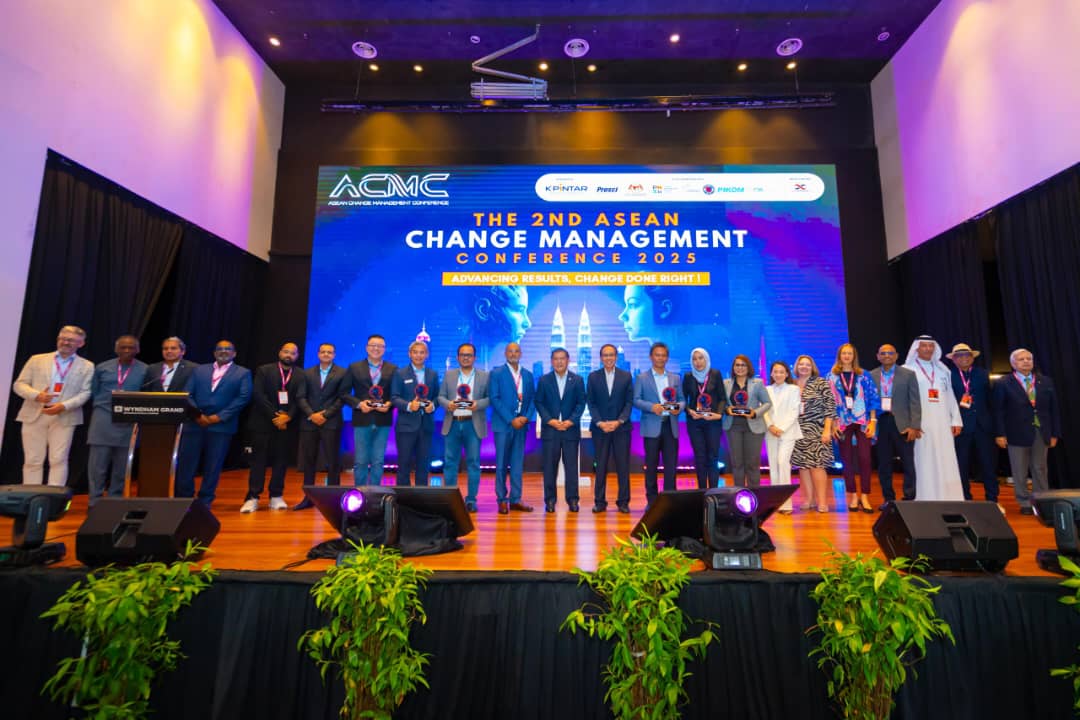
According to Hofstede’s Cultural Dimensions Index, Malaysia scores a striking 104 in power distance, one of the highest in the world.
This means decisions from the top are often accepted without challenge, and traditional leadership structures remain firmly respected.
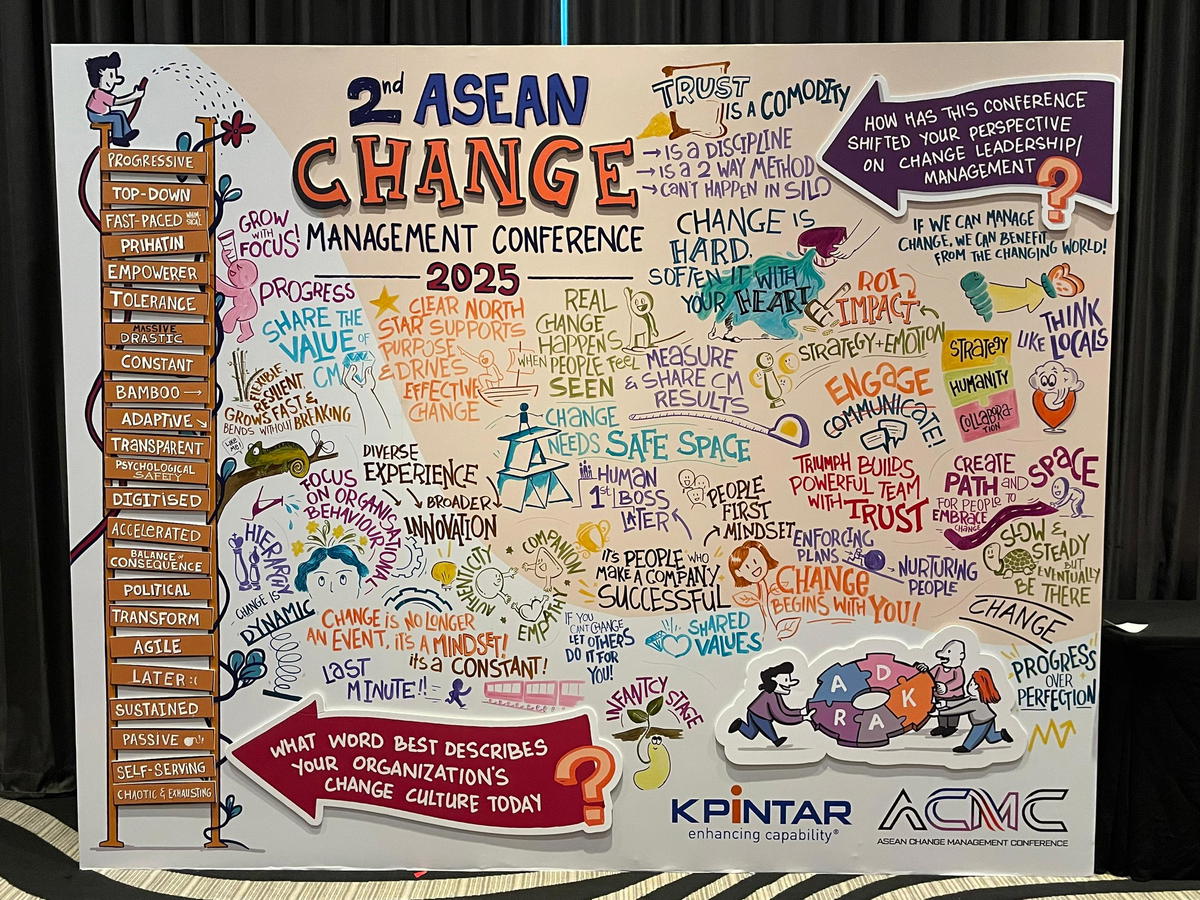
While such a dynamic can make open dialogue around change more difficult, it also presents a unique opportunity, one that took centre stage at the 2nd ASEAN Change Management Conference (ACMC 2025).
Organised by K-Pintar Sdn Bhd, the conference, held on October 1-2, wrapped up yesterday on a high note with a clear message for ASEAN: leadership matters, but building trust, communication and structured change practices matter more.
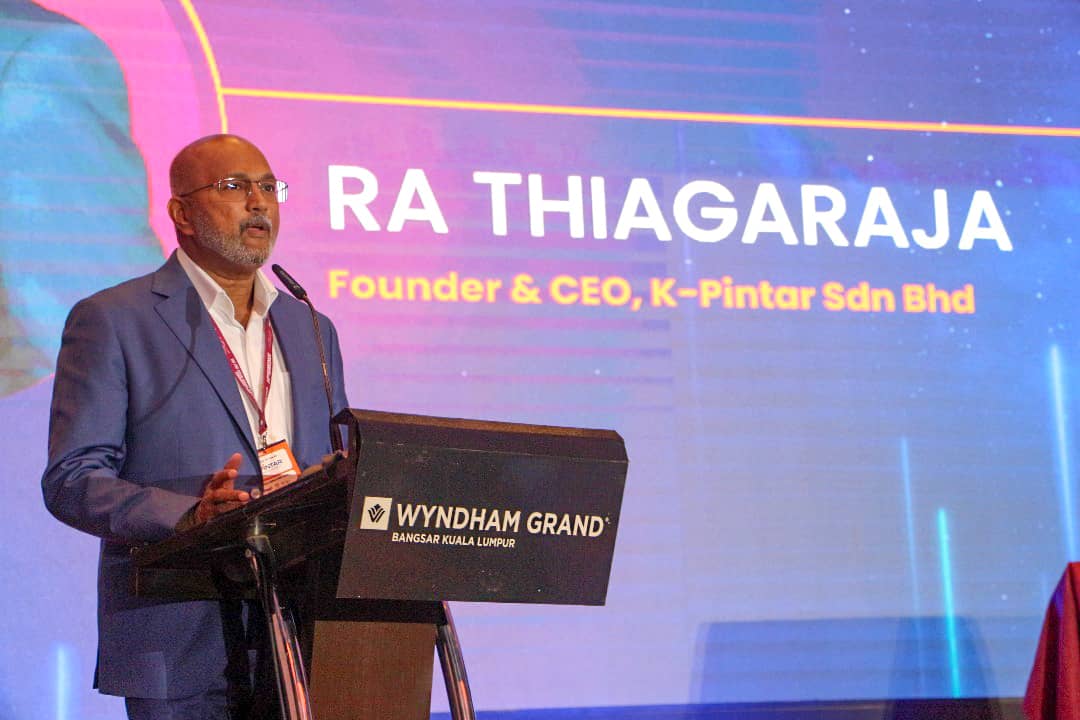
ACMC chairperson and K-Pintar chief executive officer, R. A. Thiagaraja, pointed out that on the surface, the power distance can feel like a roadblock, but it may also be Malaysia’s unique advantage.
To bridge the gap, leaders must build trust and open communication, creating safe spaces for dialogue at every level.
“This shifts hierarchy from a challenge into a catalyst for meaningful change. It’s not about breaking down authority, but about engaging leaders to champion change while empowering individuals throughout the organisation,” he said.
Effective change management that embraces this approach leads to higher employee engagement, smoother transitions, and ultimately a stronger return on investment (ROI).
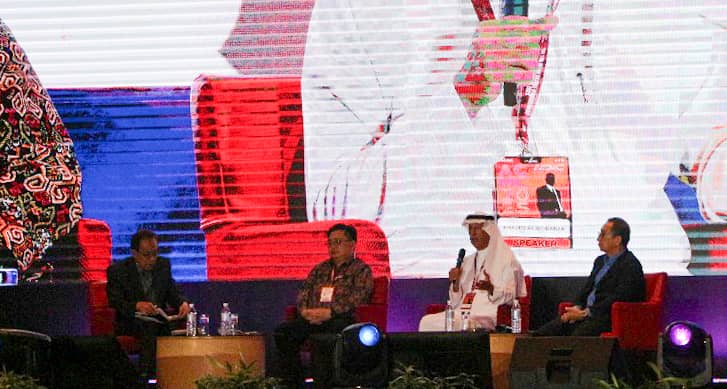
Supporting this view, Digital Ministry secretary-general Fabian Bigar emphasised that strong leadership and clear communication are critical in driving successful transformation within the public sector.
He noted that one of the most effective ways to overcome resistance to change is when top leaders not only endorse initiatives but also stay visibly involved throughout the process.
For the National Digital Economy and Fourth Industrial Revolution Council, it is chaired by the prime minister, and he increased the frequency of the meeting from quarterly to every two months.
“During those meetings, he would ask each minister about the progress of specific projects. That signal from the top is crucial,” he said during a panel discussion titled ‘Adkar in Action: Managing Resistance in the Public Sector’.
With over 200 participants across ASEAN, ACMC 2025 strengthened its position as the region’s leading platform for advancing change management practice.
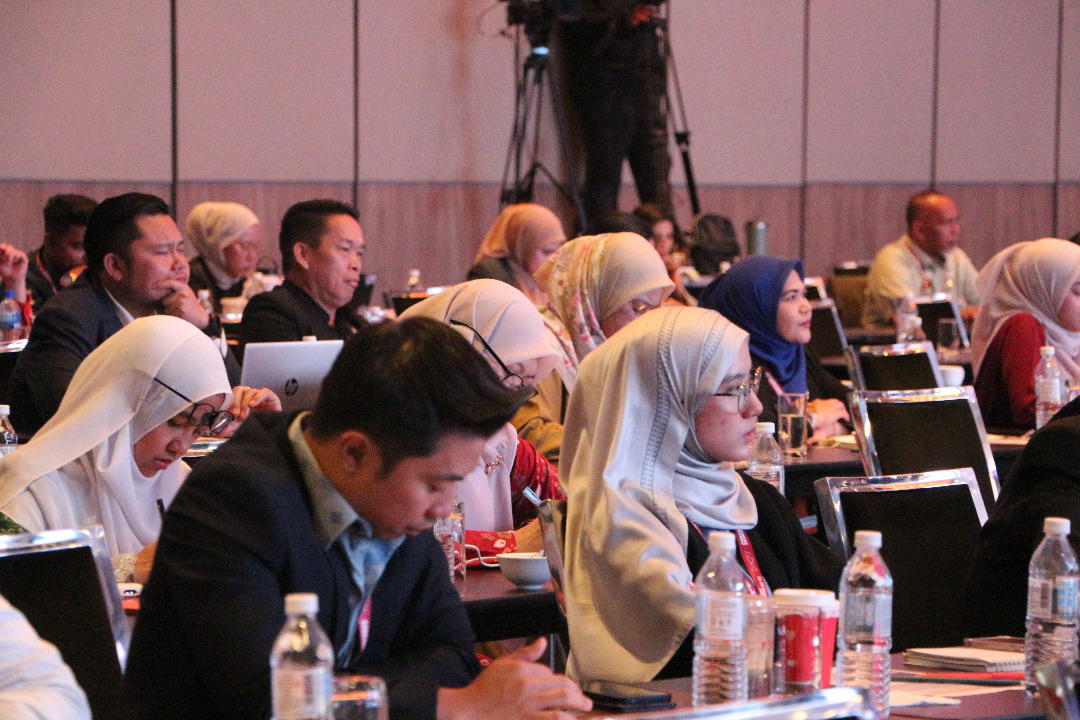
Across every session, another theme kept resurfacing: transformation is not just about systems, policies, or tools; it’s about people.
Without employee buy-in, even the most well-funded initiatives fail to gain traction. But when people are engaged, supported, and heard, adoption accelerates-and with it, real results.
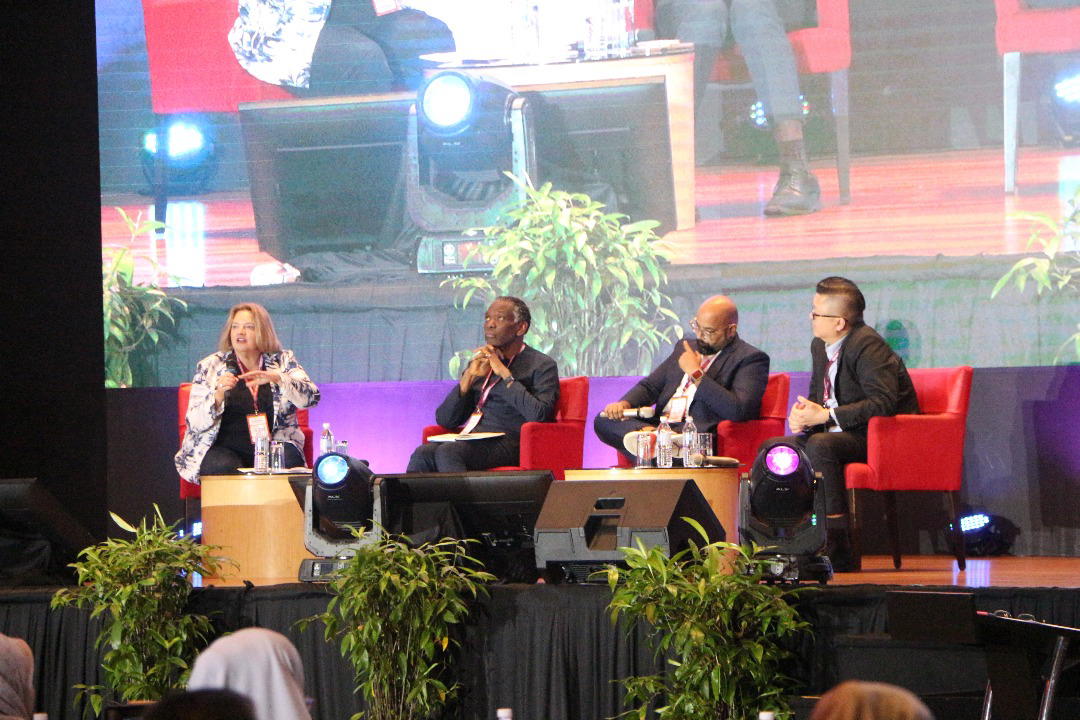
Echoing this, Chief Executive Officer at ChangeabilityPro and International change management expert Melanie Franklin highlighted one essential gap Malaysia must close: ensuring change management efforts are tied directly to results.
This is a very ambitious country with many plans for changes. If we’re not taking everybody on that journey, then they simply won’t have the resources.
“There’s a clear imbalance between ambition, capability, and capacity; and that I think is where all of the effort needs to be, not just here, but across ASEAN.”
Beyond the main sessions, the Wall of Change emerged as a standout feature – an interactive 3D installation, and participants walked out with a renewed mindset, inspired by collective reflections that bridged theory and practice.
Read more:



